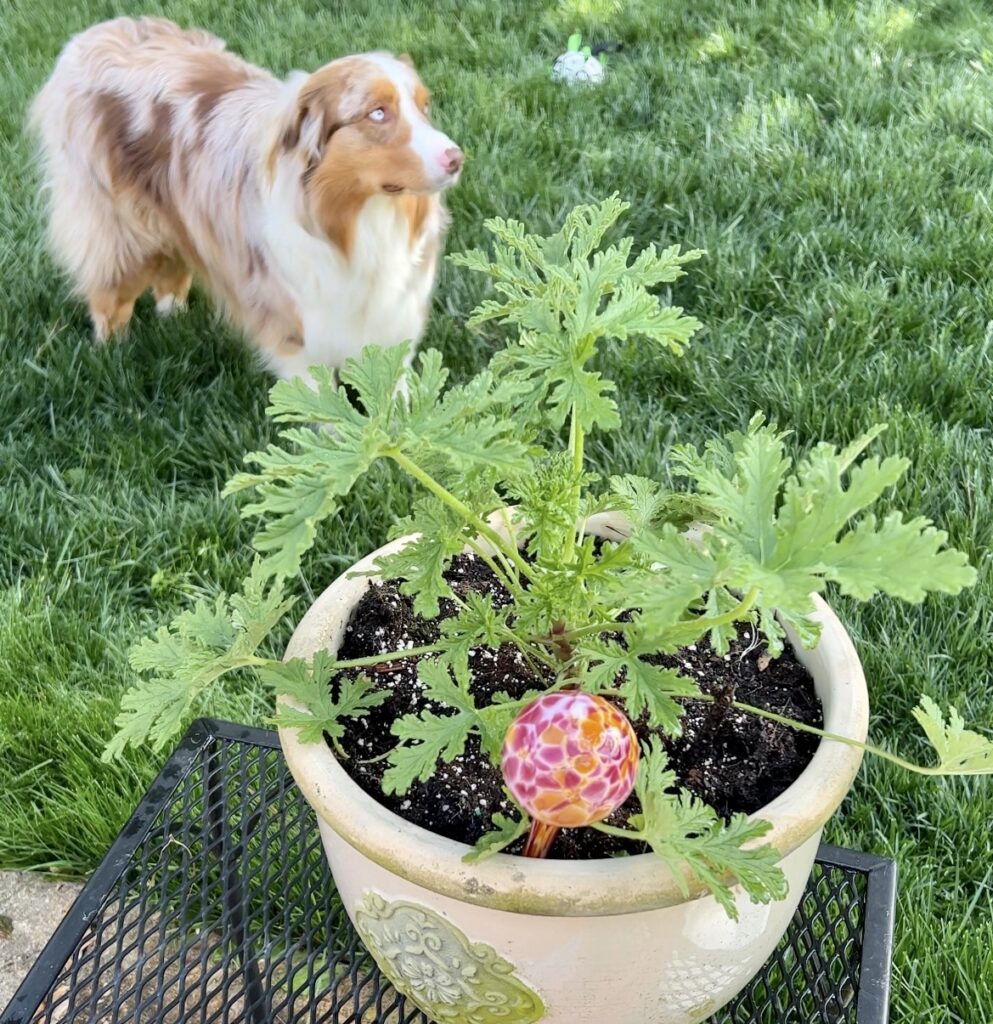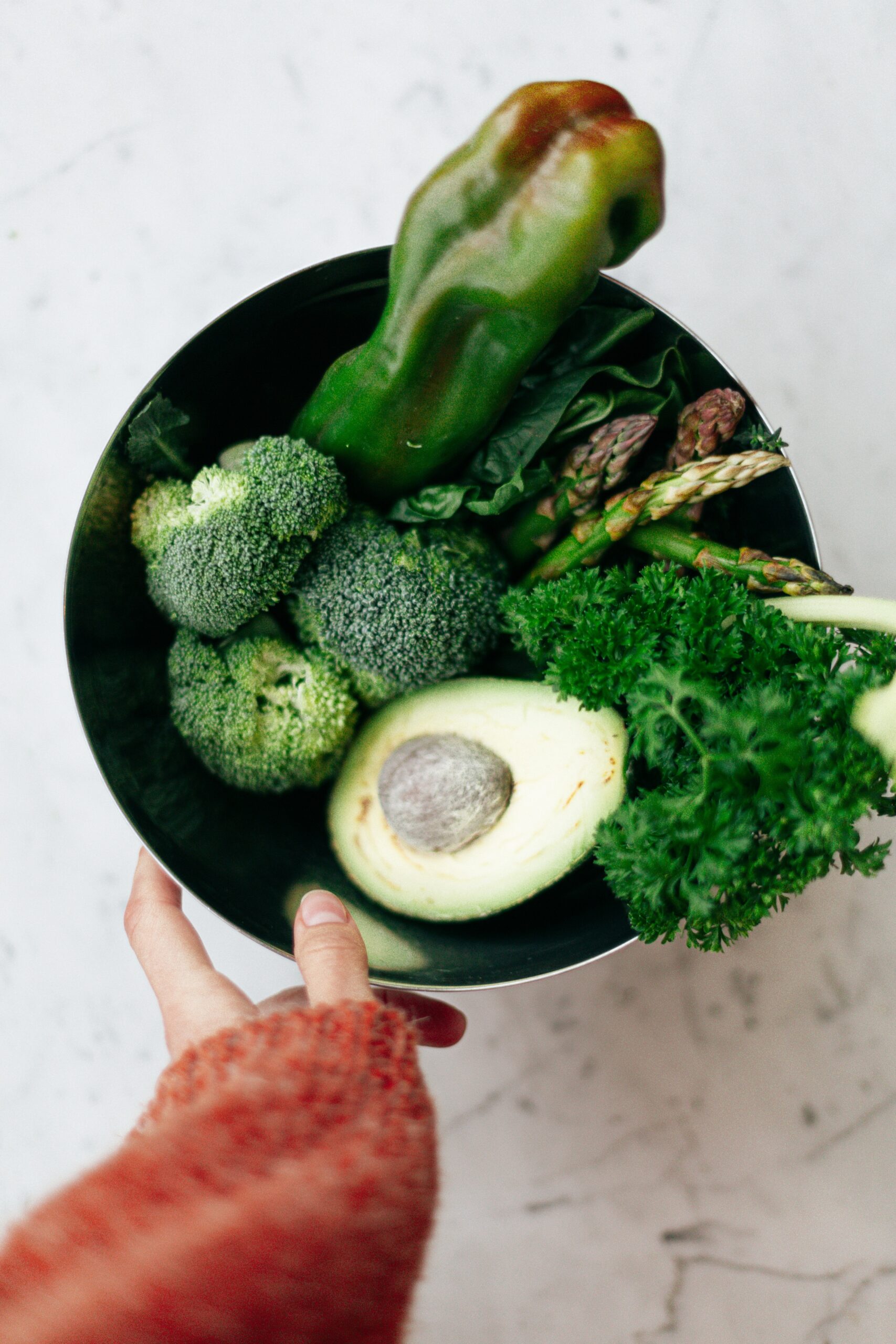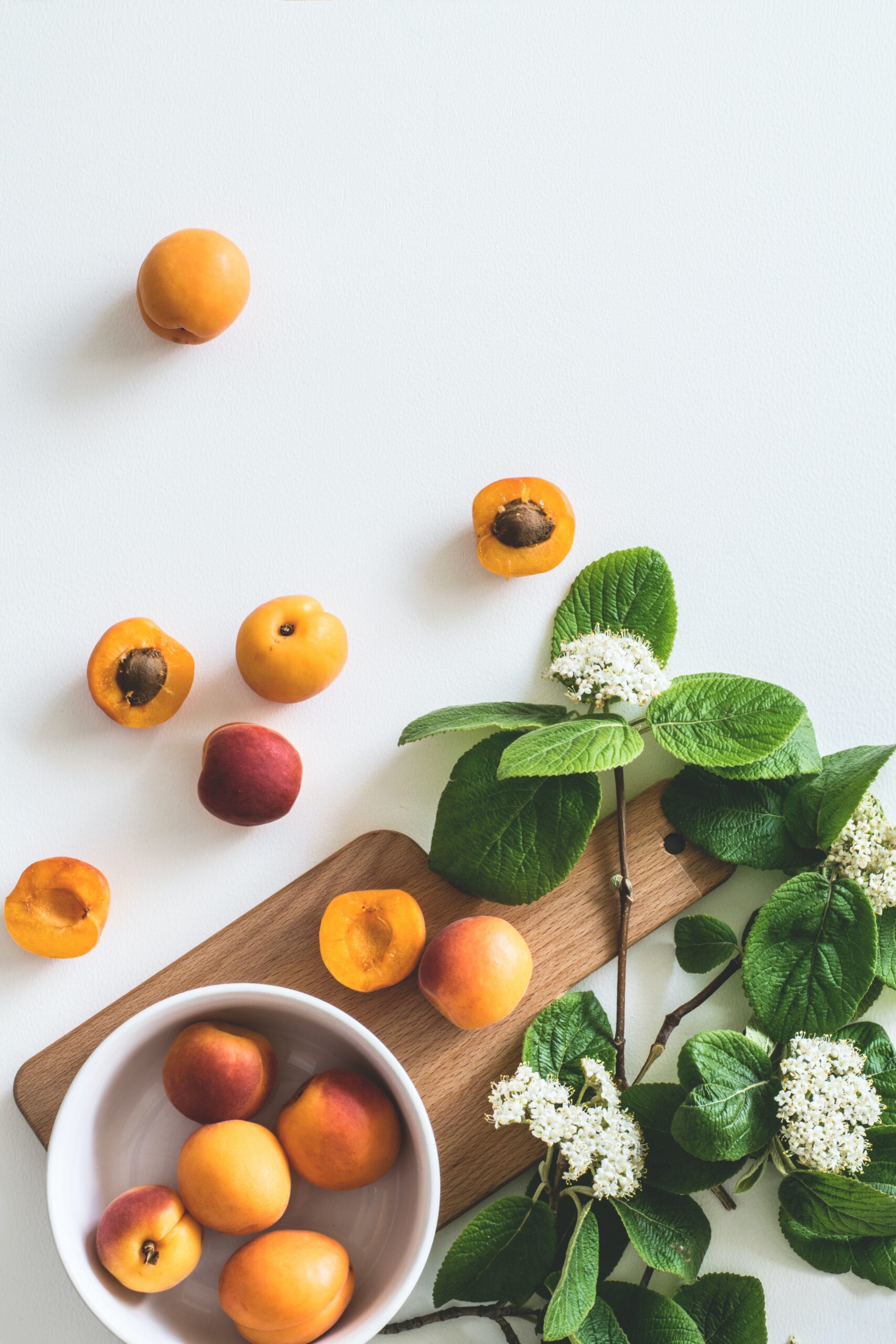This past spring 2023, my husband and I spent a week in the rain forest of Costa Rica, an area immersed with plants that heal. Prior to Covid, this sanctuary boasted the largest medicinal herb garden in the world, with over 300 species of seeds for medicinal use. Today this area is still in existence but overgrown with lack of care. Many species still co-exist with the farm as we discovered on our tour of this biodiverse paradise. As we entered the forest, us lathering ourselves in environmentally conscious mosquito repellant, our guide reaching for a plant, tears off a leaf and says “here, just rub this on your skin”. This plant, citronella, the same citronella burned on all patios throughout the “land of the free” .
Since our return to United States, I promised myself to propagate this plant in my own little corner of the Mid-Atlantic, a green environment that swarms with mosquitoes as soon as day light savings begins. This past Saturday, in honor of Earth Day, I set out to find the mysterious plant. To the farmers market we went, and after visiting only three vendors I found a plant labeled citronella. At first, I thought ,”this plant looks a little different, maybe it’s a different species”. I tore a tiny piece, breathed in its aroma, and with a feeling of gratitude purchased the plant with gladness in my heart. I planted my new friend on earth day, feeling prideful happiness with my tiny contribution of saving the earth, wink wink.
Unfortunately this story turned grim, my smile turning upside down. Guess what? The plant was a fake. After researching to write this article, I discovered insider information that a scientist across the world crossed a geranium with the genes from the lemongrass plant, realized its zero effectiveness in warding off mosquitoes, marketed it to the general public, and today is sold all over the world as an “all natural” mosquito repellant. A study in 1996 found it as effective as having no oil on the skin. Mosquitoes enjoy and can be found hanging out on its branches. The plant species is called Pelargonium Citrosum. Be warned, don’t fall for the ploy.
This diversion was a reminder of a new deceptive ploy being undertaken by American marketing geniuses today. Visiting a local grocery store in the midst of reorganizing their shelves to create an entire aisle of “plant-based” food products, I began to worry. Could they be attempting to fool the American public yet again? These products require industrial processing, are high in sodium, high and fat, are not whole foods. Yes, is it a better choice to reach for the Impossible Burger instead of the Whopper if meandering into the local Burger King. But anytime a company’s global worth is over 200 million dollars because they are selling and marketing a new product to the American consumer, it is our duty to take a step back and be cautious. Remember when physicians were quoting the benefits of smoking “Lucky Strike” cigarettes to our grandparents?
I will continue my search for citronella, the genuine article, and get back to you with my finds, but in the mean time be leery of the the “easy” fix, the new fad, the next great thing. Plants were created on the third day by the almighty Creator himself, not a scientist, businessman in California.
Cilek JE, Schreiber ET. Failure of the “mosquito plant”, Pelargonium x citrosum ‘van Leenii’, to repel adult Aedes albopictus and Culex quinquefasciatus in Florida. Journal of the American Mosquito Control Association. 1994 Dec;10(4):473-476. PMID: 7707049






